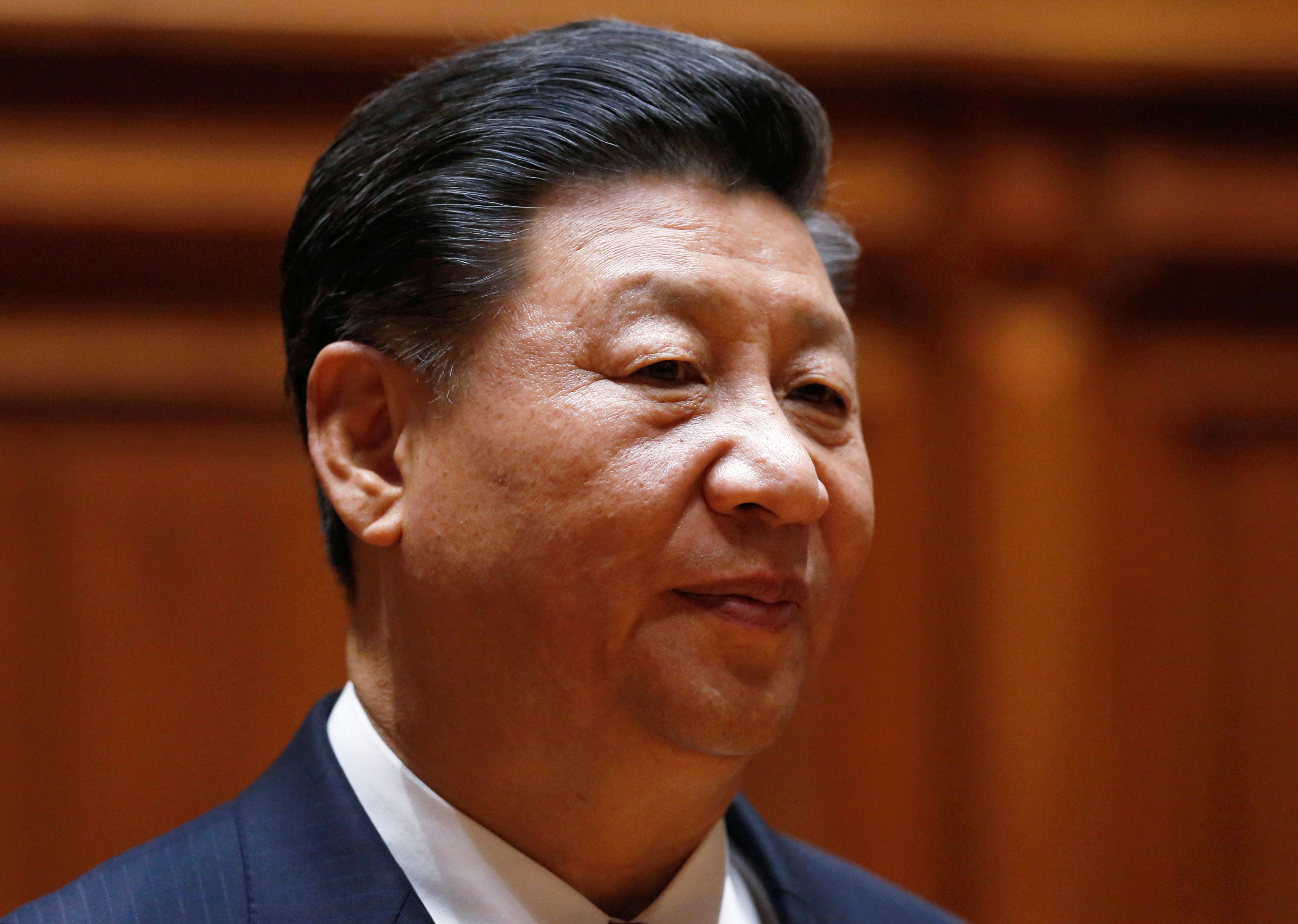March 19, 2019
Chinese President Xi Jinping will arrive in Rome tomorrow ready to plant a flag in the heart of Europe. Italy is expected to break with most other advanced economies by formally signing onto Beijing's $1.3 trillion global Belt and Road (BRI) infrastructure initiative.
Announced in 2013, BRI aims to boost China's trade and international clout through massive new investments in roads, railways, and ports across the world. Italy's decision to sign on to the initiative – the centerpiece of Beijing's plans to overtake the US as the dominant global economic power of the 21st century – is controversial.
Brussels and Washington don't like it at all, because they fear that if Italy takes loans from China it could end up in a dangerous web of debt that exposes it to pressure from Beijing. After all, Italy is already Europe's second most indebted country, and unlike much smaller economies like Greece, a systemic crisis there could unravel the entire Eurozone.
Within Rome too there is some disagreement: Deputy Prime Minister Luigi Di Maio, of the centrist 5Star Movement, is all for closer relations with Beijing, but the far-right Interior Minister Matteo Salvini is more skeptical.
Still, Chinese cash solves a pressing problem for their populist governing coalition. Clashes with Brussels over budget parameters have forced Messrs. Di Maio and Salvini to backtrack on their campaign promises to cut taxes and boost social spending. Delivering new infrastructure with Chinese money could be a big political winner, especially after a high-profile bridge collapse last year.
More broadly, Europe is already having trouble finding consensus on how to approach China's tech investments, 5G equipment suppliers, and infrastructure investments. The smaller economies of Central and Eastern Europe welcome the cash, while most of the larger economies are concerned about the financial and security implications of Chinese capital. EU members are scheduled to meet on Friday to discuss a common approach to Chinese investment into the bloc. To which we say, in bocca al lupo!
The bottom line: The decision of the bloc's fourth largest economy to embrace Beijing has just opened up a major new fault line within Europe.
From Your Site Articles
Related Articles Around the Web
More For You
Every year, the Munich Security Conference, the world’s leading forum on international security, releases data that sheds light on how citizens view global risks.
Most Popular
TOKYO, JAPAN - FEBRUARY 8: Japan's Prime Minister Sanae Takaichi, leader of the ruling Liberal Democratic Party (LDP), places a red paper rose on the name of an elected candidate at the LDP headquarters on general election day on February 08, 2026 in Tokyo, Japan. Voters across the country headed to polls today as Japan's Lower House election was held.
Photo by Kim Kyung-Hoon - Pool/Getty Images
When Japanese Prime Minister Sanae Takaichi called snap elections last month, it was a big gamble. Holding a winter election just four months into her tenure with no real policy record to run on?
© 2025 GZERO Media. All Rights Reserved | A Eurasia Group media company.
